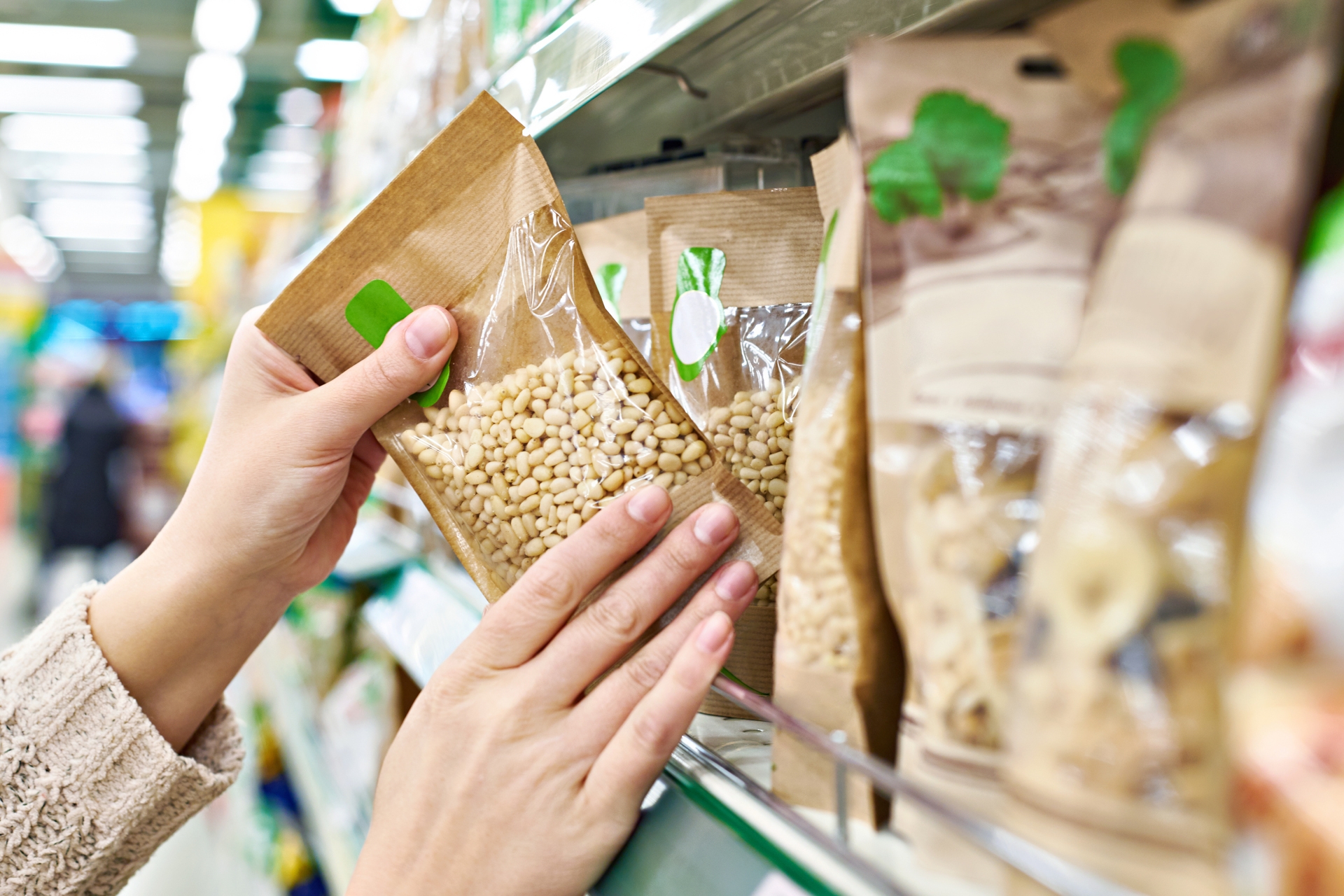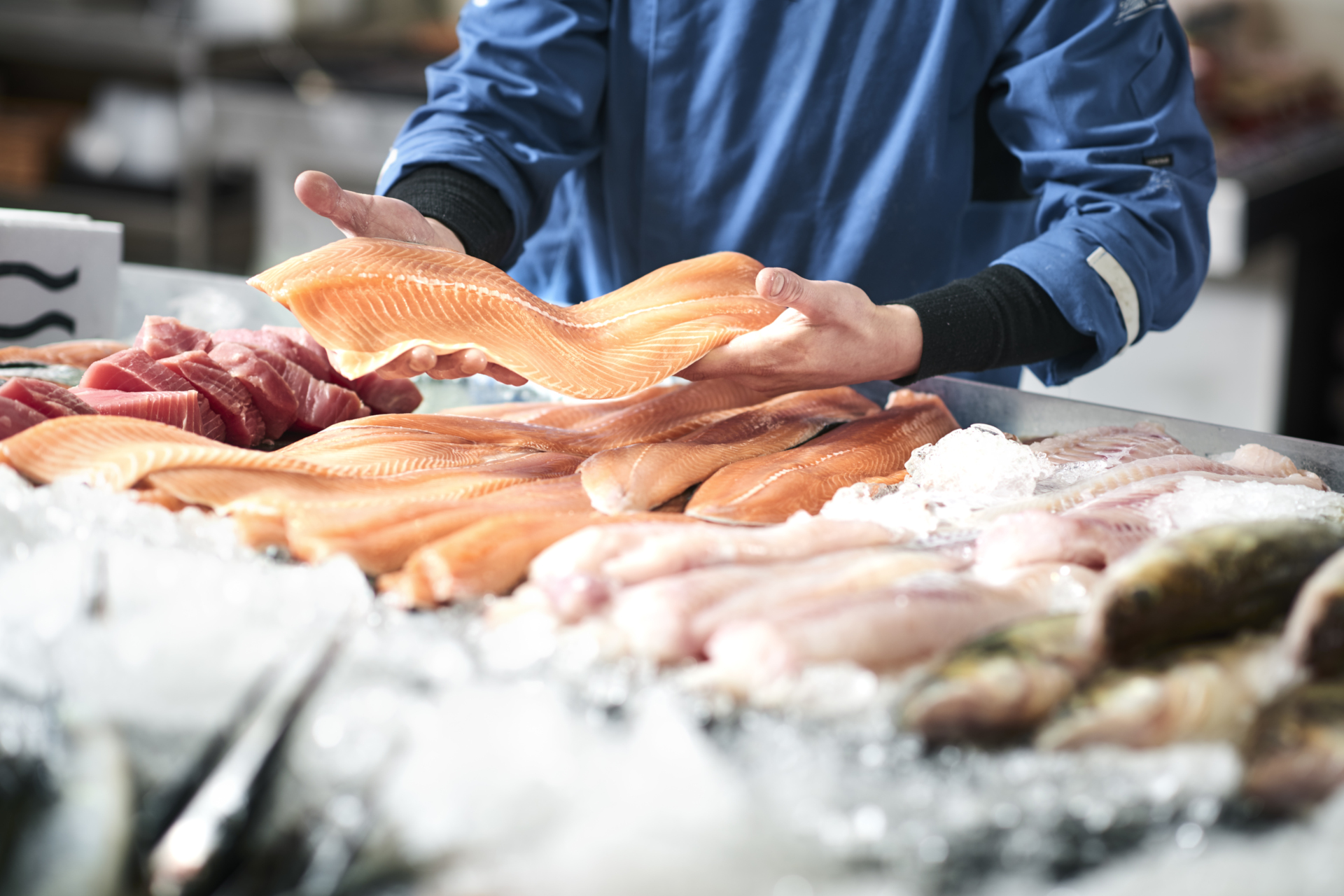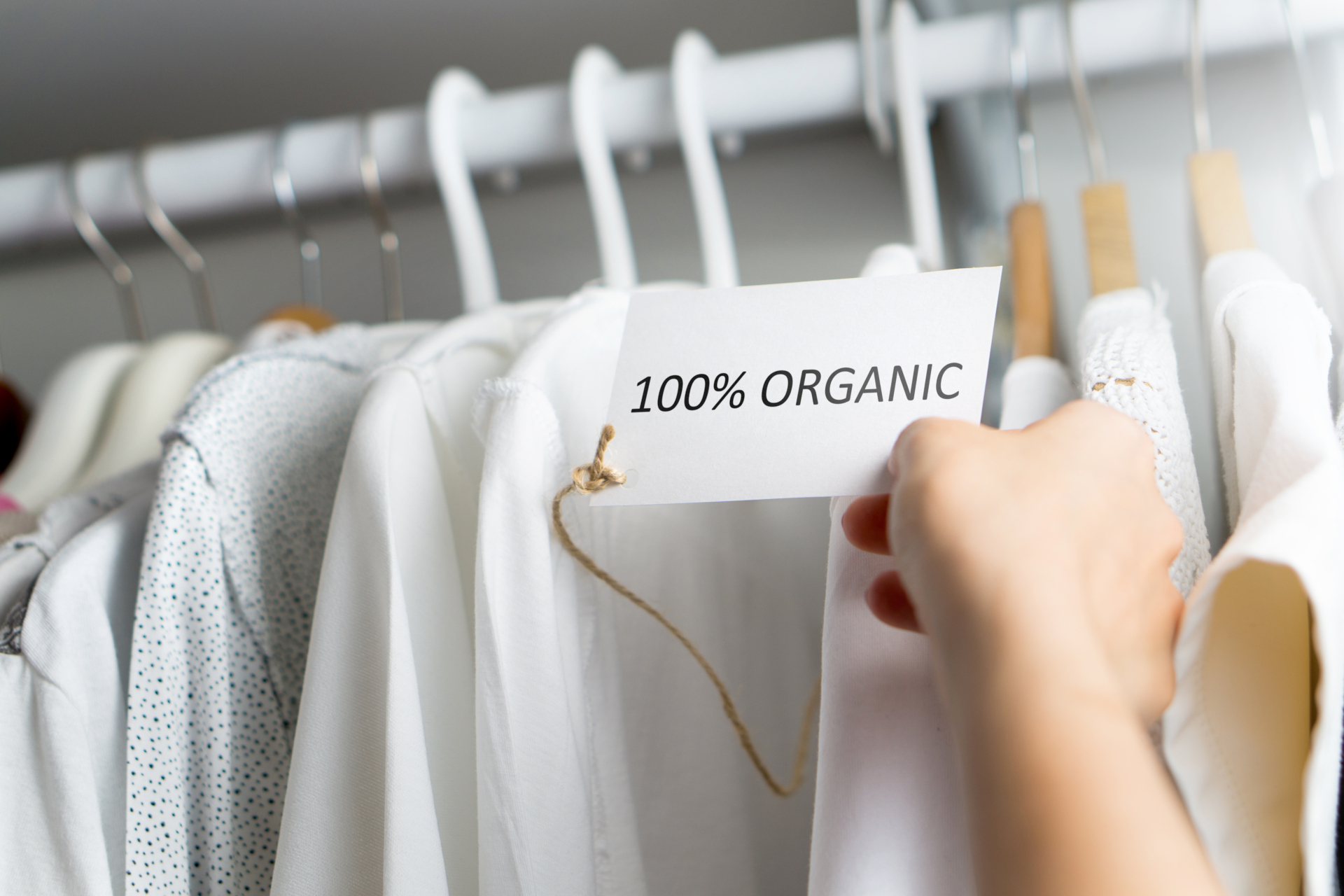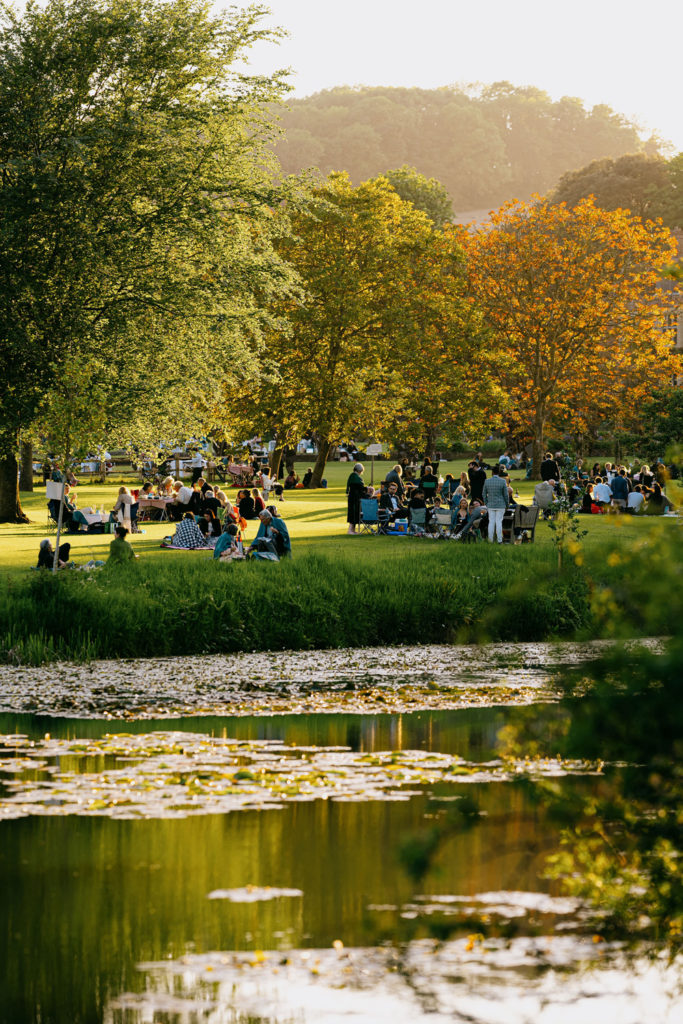Greenwashing: Helpful Eco-Labels to Look For
By
3 years ago
What to look out for when shopping

According to the Ecolabel Index, there are nearly 460 certified eco-labels in the world – enough to make it more than a little confusing when it comes to making low-impact purchases. In the UK, we now have a government administered Green Claims Code checklist, which means brands now need proof of their ‘eco-friendly’ claims – but the sea of labels we find in the supermarkets and the shops is still daunting. These are some of the labels you can look out for here in the UK (and what exactly they mean).
What Is Greenwashing and How Can I Avoid It?
Greenwashing: Helpful Eco-Labels to Look For
Food Labels
LEAF Marque is underpinned by the principles of Integrated Farm Management (IFM) to ensure that businesses are delivering products through more sustainable farming methods. Farm businesses which hold this certification are indicated to demonstrate site-specific and continuous improvement across the whole farm, including: Organisation and Planning, Soil Management and Fertility, Crop Health and Protection, Pollution Control and By-Product Management, Animal Husbandry, Energy Efficiency, Water Management, Landscape and Nature Conservation and Community Engagement.
The Marine Stewardship Council (MSC) is mostly associated with seafood products. MSC is an internationally recognised environmental standard for sustainable and well-managed fisheries, and its certification indicates businesses that can demonstrate healthy fish stocks and a flourishing marine environment. Fisheries are independently assessed on their impact on wild fish populations and the ecosystems they’re part of, and the approved product can always be traced to a certified sustainable source.

(c) Getty Images
Organic Labels
Any organisation wanting to sell produce that is labelled organic must first undergo an inspection to validate its claims. Organic Farmers and Growers, which certifies over 50% of the UK’s organic land area, gives this certification to those who follow a strict set of standards, from farm production and processing (food preparation, prepacking and storage) to organic imports and animal feed.
The Soil Association is the UK’s leading organic certifier, and covers the likes of food, farming, catering, health and beauty, textiles and forestry. It developed the world’s first organic standards in the 1960s, and continues to enforce strict standards that comply with European laws. You can read about the standards the Soil Association employs for each sector here.
Timber Products
One of the most common labels you’ll see when it comes to timber is the Forest Stewardship Council (FSC) trademark. The FSC certification implies that the wood used to make the product comes from a forest that is looked after according to strict environmental, social and economic standards. The forest itself has been independently inspected and evaluated, following a criteria laid out by the FSC.
The PEFC Council (Programme for the Endorsement of Forest Certification schemes) similarly assures that wood and paper products with its label have been independently inspected, and that the forests used to source these products are sustainably managed.
Fashion Labels
The Global Organic Textile Standard (GOTS), the leading textile processing standard for organic fibres, is comprised of four member organisations (including the Soil Association) which enable it to have authority internationally. The certification indicates ‘the organic status of textiles from the harvesting of the raw materials – including requirements related to environmentally and socially responsible manufacturing – all the way to labelling, in order to provide credible assurance to the consumer’.
The world’s best-known textile fibre brand (and a big favourite of Victoria Beckham), Woolmark, has its very own certification to guarantee the durability, performance and quality of wool-based products. The Woolmark stamp of approval indicates that a specific product is completely traceable using a unique batch number, is made using natural fibres and is exactly what it says on the tin. Woolmark also help certified bodies with educational training on the properties of wool, technical transfer and supply chain optimisation.

(c) Getty Images
More General Eco-Labels
You’ll have noticed many companies coming forward to obtain their B Corp license, a certification that is only given to those who have passed strict set of tests to show that they meet the ‘highest standards of verified social and environmental performance, public transparency, and legal accountability to balance profit and purpose.’ You can read about our guide to B Corps here.
Fairtrade is a household name in the UK, known for certifying products that meet international standards that include providing sustainable livelihoods and protecting ecosystems and biodiversity along the supply chain. Awarded by the Fairtrade Foundation, the Fairtrade Mark indicates that a product is fairly produced and fairly traded. For single-ingredient products, such as bananas and coffee, it also means that the product is fully traceable from farm to shelf. The Fairtrade certification also falls under multiple categories, from the previously mentioned single-ingredient mark (otherwise known as the original mark) to specific product marks and sourced ingredient marks. You can see Fairtrade’s guide here.
The Rainforest Alliance gives its stamp of approval to a wide range of products you can find in stores – from paper and wood to bananas and coffee. The non-profit partners with farmers and forest communities in the world’s most important tropical landscapes to promote sustainable land management, as well as governments and civil society organisations to help strengthen policies around environmental protection.
Much of the information found in this article is sourced from the UK’s Department for Environmental Food and Rural Affairs (DEFRA). You can find out more about its guide to labelling here. gov.uk
Featured image: Getty Images
READ MORE
Must-Read Books on Sustainability / Apps To Help You Live More Sustainably



